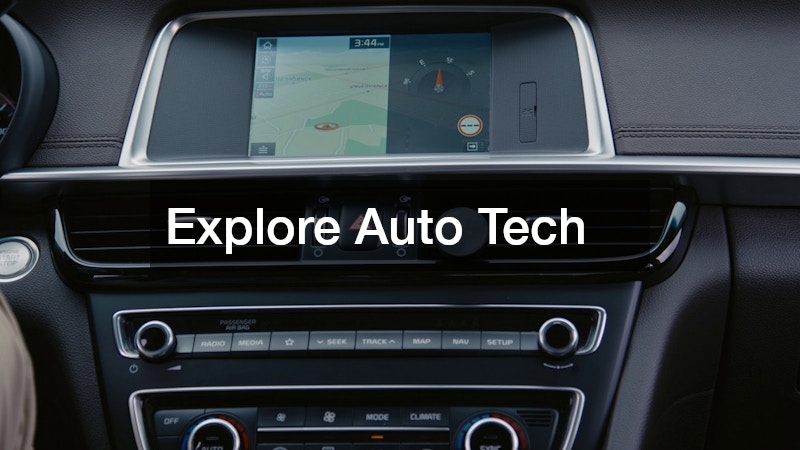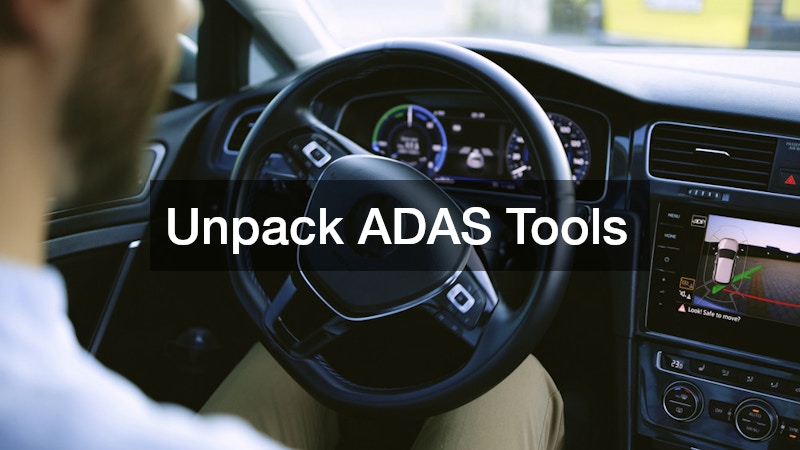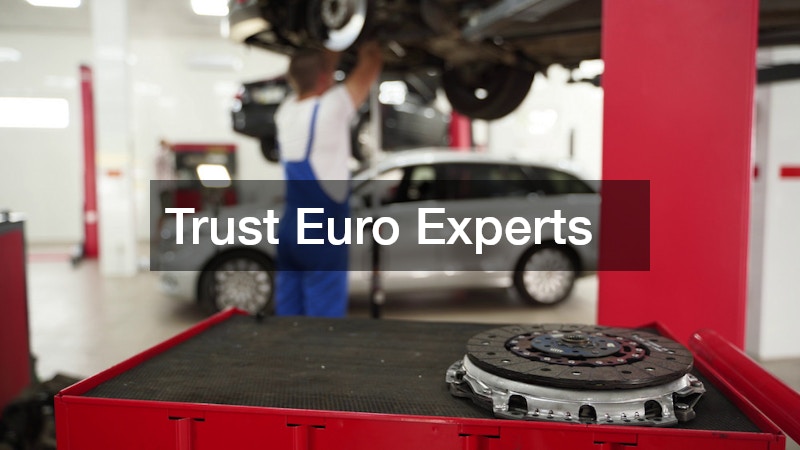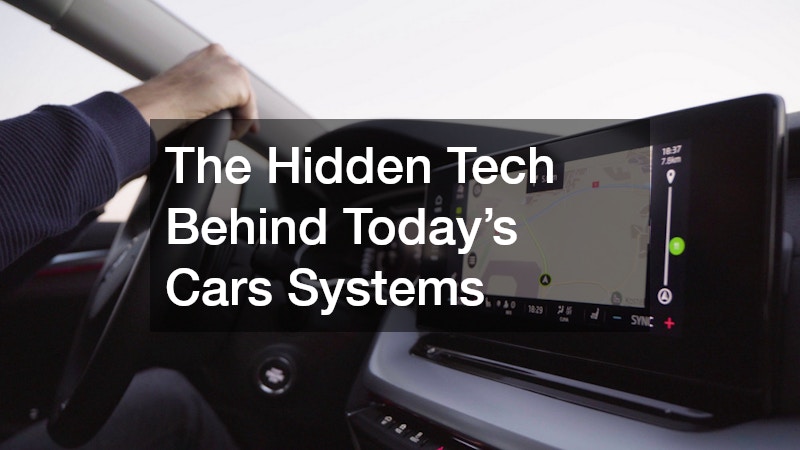Modern cars have transformed into sophisticated machines packed with advanced technology that enhances safety, performance and comfort. Behind every vehicle lies a complex web of systems designed to make driving safer and more enjoyable. This article uncovers the hidden tech behind today’s cars systems, focusing on key innovations in automotive technology, the vital role of ADAS calibration and why trusting a European car mechanic can be a smart choice for your vehicle’s care.
Explore Auto Tech

Automotive technology has advanced rapidly, changing the way cars operate and interact with drivers. Modern vehicles feature a range of sensors, computers and software systems that monitor and control everything from engine performance to driver safety features. Technologies such as adaptive cruise control, lane-keeping assist and collision warning are now common, making daily driving safer and less stressful.
Many of these systems rely on precise communication between components, including electronic control units (ECUs) and various sensors embedded throughout the vehicle. The evolution of automotive technology means cars can now adjust to road conditions in real time, optimise fuel efficiency and reduce emissions. For instance, engines can alter fuel injection and ignition timing on the fly to improve performance and reduce environmental impact.
In addition, vehicles increasingly incorporate connectivity features, linking cars systems to smartphones and cloud services. This allows for over-the-air software updates, remote diagnostics and enhanced infotainment options. Such connectivity is revolutionising the automotive industry and transforming the driving experience, offering convenience and improved safety.
Unpack ADAS Tools

Advanced Driver Assistance Systems (ADAS) are among the most significant developments in automotive safety tech. These systems use cameras, radar and lidar sensors to monitor the vehicle’s surroundings, providing features such as automatic emergency braking, blind-spot detection and parking assistance.
However, for ADAS to work effectively, accurate calibration is essential. ADAS calibration is the process of adjusting sensors and cameras to ensure they correctly interpret the environment. This calibration often needs to be done after repairs, windshield replacements or sensor realignment. Incorrect calibration can result in safety features malfunctioning, potentially putting drivers and passengers at risk.
Calibration involves specialised equipment and software to align the sensors precisely according to the manufacturer’s specifications. Some calibration processes require the vehicle to be stationary in a controlled environment, while others may need road testing. Because ADAS features interact with critical safety functions, the precision of calibration cannot be overstated.
Regular servicing and professional calibration are critical to maintaining the integrity of these advanced systems, ensuring they deliver on their promise of improved road safety. Ignoring calibration can lead to costly repairs and compromise the vehicle’s safety rating.
Trust Euro Experts

European vehicles, known for their engineering precision and performance, often incorporate unique technologies and require specialised care. Entrusting your car to a European car mechanic means you benefit from technicians trained to understand the intricacies of these vehicles.
These mechanics have access to manufacturer-specific diagnostic tools and parts, enabling them to service and repair your vehicle with accuracy. Whether it’s complex electronic systems, turbochargers or transmission components, a European car mechanic ensures your vehicle receives the expert attention it needs.
Furthermore, European car mechanics often undergo continuous training to keep up with the rapid pace of automotive technology changes, especially with the rise of electric and hybrid models. This expertise helps maintain vehicle warranties and maximises performance and reliability.
Choosing a mechanic familiar with European automotive standards can extend your car’s lifespan and preserve its performance, offering peace of mind to discerning drivers. Their specialised knowledge helps diagnose issues that general mechanics might overlook, reducing downtime and costly repairs.
Future Trends in Car Technology
Looking ahead, the automotive industry continues to innovate with emerging technologies shaping the future of cars. Electric vehicles (EVs) are becoming more widespread, supported by advancements in battery technology and charging infrastructure. Autonomous driving technology is progressing, promising a future where cars can navigate roads with minimal human input.
Connectivity will deepen, with vehicles communicating not only with drivers but with other cars and road infrastructure. This ‘connected car’ ecosystem aims to reduce accidents, improve traffic flow and enhance the overall driving experience.
These advancements will also increase the complexity of automotive systems, making expert knowledge and proper maintenance more critical than ever. Staying informed about these changes will help drivers make smarter decisions and keep their vehicles performing at their best.
The hidden technology inside today’s cars systems is remarkable, blending cutting-edge automotive systems, critical ADAS calibration and expert mechanical care. As vehicles continue to evolve, understanding these components helps drivers stay informed and ensures their cars remain safe and reliable. Whether you’re fascinated by the tech itself or simply want to protect your investment, recognising the importance of advanced car systems and expert service is essential in the modern driving world.
